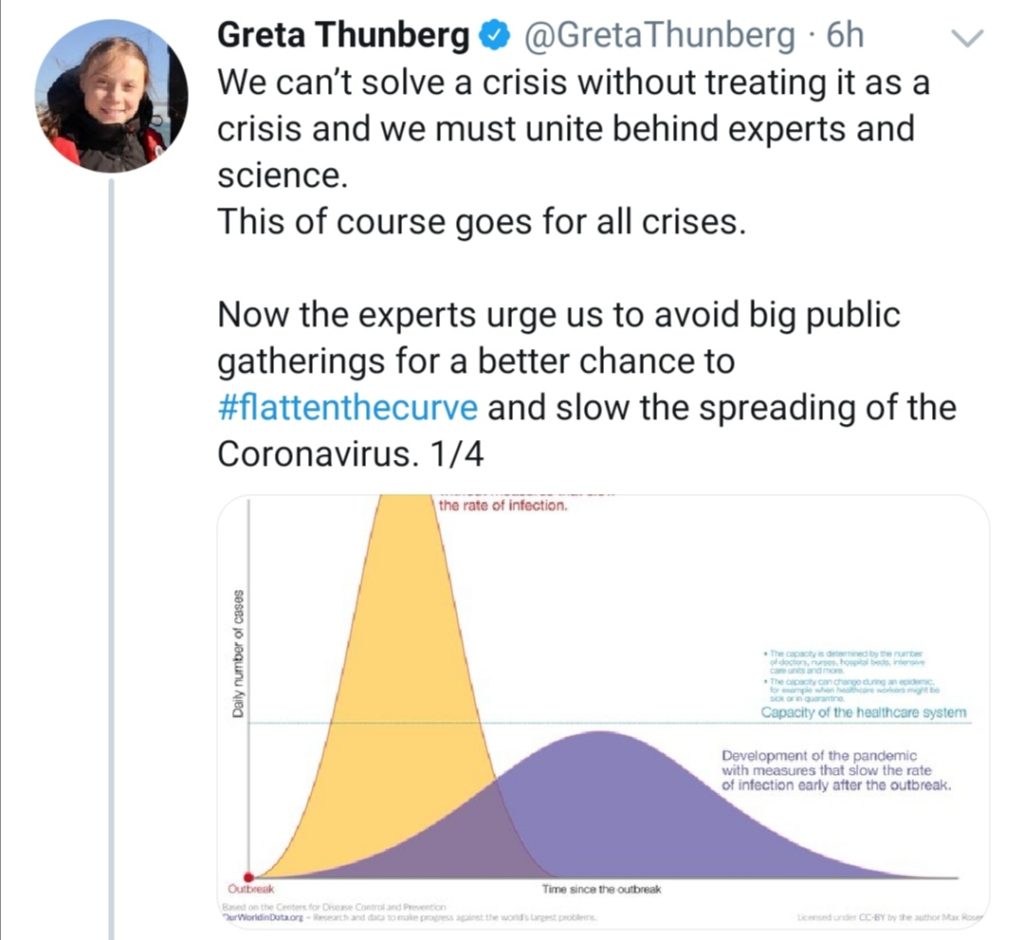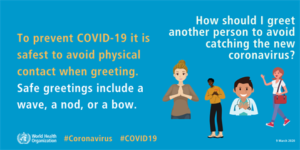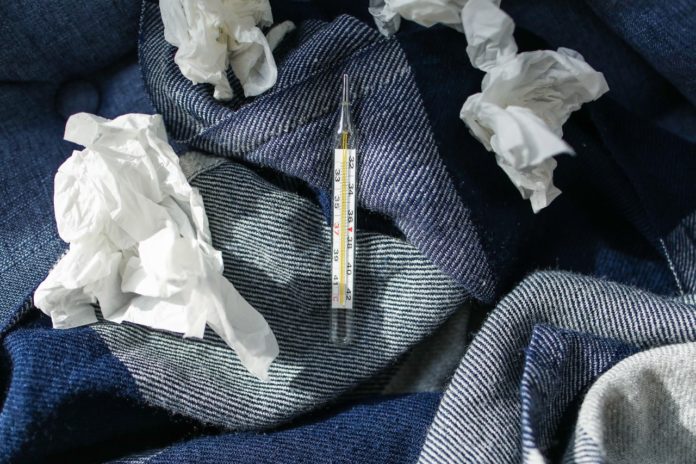No-one can deny it – we are living in uncertain times. SARS-CoV-2, this strain of the coronavirus, is spreading far and wide across the world. But, is enough being done to curb the infection? Or are the measures being taken sufficient?
Late last night, the total cases in Europe stood at close to 23 000. The first case of COVID-19 was reported in the Netherlands just two weeks ago. Since then, to date, 614 people have been infected, of which five have died. North Brabant seems to be the hardest hit bt this virus.
People in that province were first advised to stay home if they were experiencing flu-like symptoms. Then, they were encouraged to work from home if they could. And earlier in the week, Eindhoven’s mayor, John Jorritsma, announced a ban on large events. Many organisations in Eindhoven, have complied with this order.
What WHO says
“In the past two weeks, the number of cases of COVID-19 outside China has increased 13-fold, and the number of affected countries has tripled,” the World Health Organisation’s Director-General, Tedros Adhanom, said yesterday.
“We have, therefore made the assessment that COVID-19 can be characterised as a pandemic. This is not a word to use lightly or carelessly. We have never before seen a pandemic sparked by a coronavirus, and this is the first pandemic caused by a coronavirus.”
“WHO has been assessing this outbreak around the clock. We are deeply concerned both by the alarming levels of spread and severity and by the alarming levels of inaction. WHO has been in full response mode since we were notified of the first cases. And we have called every day for countries to take urgent and aggressive action. We have rung the alarm bell loud and clear,” Adhanom added.
The United Nations responded to the news that the WHO has now classed this as a pandemic by tweeting, “that does not change the threat level or recommended actions. This is a pandemic that can be controlled. The United Nations is actively addressing the global COVID-19 outbreak on several fronts – from situation reports and technical guidelines, through funding and partnerships – to advice for the public,” they write on the website.

‘We can’t solve a crisis without treating it as such’
Greta Thunberg has this to say about helping prevent the spread of this pandemic. She tweets, “I personally recommend we do as the experts say. We, young people, are the least affected by this virus, but it’s essential that we act in solidarity with the most vulnerable.”
“We’ll have to find ways to create public awareness, and advocate… that don’t involve too big crowds – listen to authorities. So, keep your numbers low but your spirits high.”
What can you & I do?
The Healthcare for Internationals website has given some tips to help you prevent getting or spreading the virus:
- Wash your hands often with water and soap. Dry them with a paper towel and dispose of it.
- Only use hand alcohol or hand gel when there is no tap or soap available.
- Cough and sneeze into the inside of your elbow.
- Touch your eyes, nose, and mouth as little as possible.
- Use paper tissues to blow your nose.
- Stay two metres away from people who are coughing or sneezing.
- Do not shake hands

They add that most people are better off without a face mask. Most masks are useless at containing this strain of the coronavirus. They become uncomfortable which causes people to touch their faces more often. So a mask can increase your chance of infection or of spreading the virus, instead of preventing it. However, for professionals working with people who may have the coronavirus, masks are essential.
A GP has her say
But, will the ‘social isolation’ measures and added attention to hygiene help curb the spread of this disease? Or is it is too little too late? In a letter sent to the Eindhoven News, but addressed to the Netherlands and Belgium, Dr Tatiana Poni, who is a practising GP in Belgium, asks, “Do you really know what’s happening in Italy?”
“Quarantines, red zones, restrictions in the mobility of citizens, overcrowded hospitals, a continuous increase in the number of sick and dead, and so on? Can you also see that the situation of two weeks ago in Lombardy is identical to today’s situation in Belgium and the Netherlands? What are you waiting for before you do something more serious?
Poni was born and raised in Lombardy, Italy. She lived in Eindhoven for nine years and has been practising in Belgium for the past six years. She continues, “It’s no joke, it’s not because of ‘Italian chaos’ or bad management. It is an epidemic. And what do we do? We wait.”
Why wait?
“We also keep counting the new cases every day, more and more, every day, until someone says it is too late and it has become a very urgent matter. Why are we not preventing this? Why wait?”
“Do we really want to wait any longer to find the courage to make difficult decisions? Are we as a society and as a government sufficiently fearless or do we want to wait until it becomes a second Lombardy?,” writes the GP.











